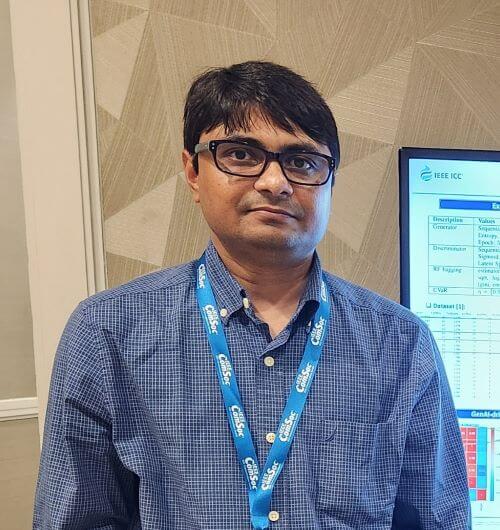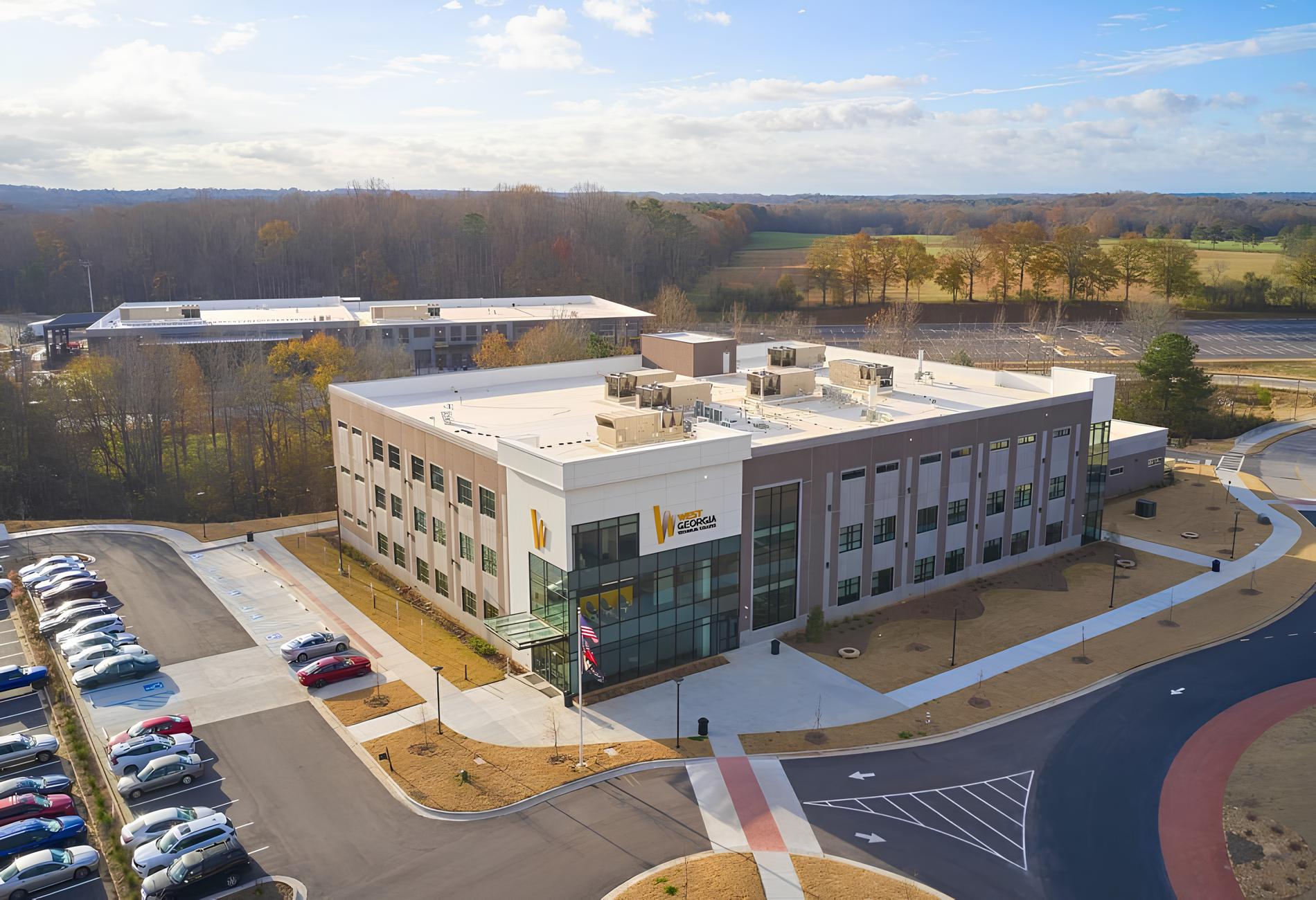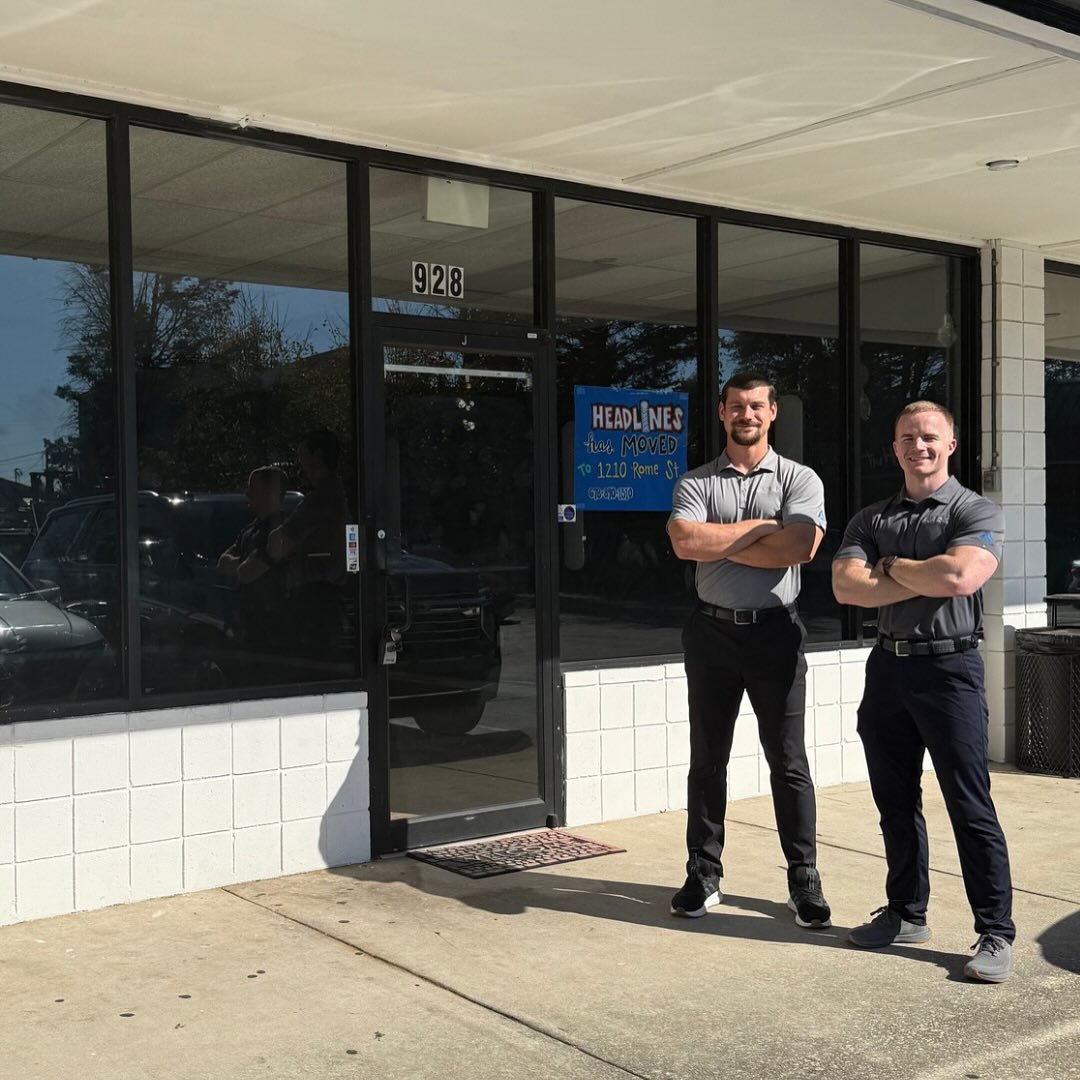Meet Hal, Sybil and Alexis. They’re coworkers of sorts whose jobs help with medical diagnoses. Hal is responsible for investigating the cause of a patient’s illness, guided by an MRI. Sybil examines blood test results, while Alexis checks the body mass index and lifestyle habits. With each case, they reconvene to share evidence, reason together logically, and, ultimately, give a diagnosis employing their combined skills.
However, this is 2025. And Hal, Sybil and Alexis are robots using artificial intelligence (AI) by “symbolic reasoning.” This method is like giving them a brain to think in a human-like way, making logical connections like, “If the bloodwork is clean, and yet the MRI shows cracks in the heel and the person is a runner, the ailment is a stress fracture.”
But how can we trust the robots? And how can they “trust” each other?
This is where Dr. Md Shirajum Munir, University of West Georgia assistant professor of computer science, comes in. He was recently awarded a $175,000 grant funded by the National Science Foundation’s Office of Advanced Cyberinfrastructure titled, “An Evidence-Aided Symbolic Reasoning Framework for Trustworthy Interdependent Multi-Modal Multi-Agent Machine Learning Tasks,” which focuses on helping robots and AI agents share, check and act on information together in a way that humans can trust.

Trustworthiness for robots, Munir explained, can be defined as having clear evidence for the AI agent’s choices and the ability to trace back and understand why it made a particular decision.
“The rapid expansion of AI services has led to a new era of agent-based machine learning in which decisions are made by integrating multiple and distinct tasks,” added Munir, who has spent a decade in the research and development of domain-specific machine learning and AI. “This introduces critical trust issues since each agent operates independently and uniquely due to multimodality and uncertainty. It presents significant challenges to establishing trust among the agents, since there are no specific metrics and methods to justify the activities. This project aims to facilitate a trustworthy AI research infrastructure for solving interdisciplinary multimodal and multiagent learning tasks by developing evidence-based trust metrics.”
In layperson’s terms, Munir’s research studies how complex AI systems learn and remember information over time, similar to how humans gain experience. By improving how AI stores and recalls knowledge, the system can make better and more informed decisions on its own. This project is the first at UWG to create a testing environment for AI systems and develop a framework that helps those systems make decisions based on clear, evidence-backed symbolic reasoning. The goal is to ensure AI is reliable, transparent and ready for real-world use.
The grant was not only a huge accomplishment for Munir, but also his main stakeholders – undergraduate and graduate students in the Dr. James ‘Earl’ Perry College of Mathematics, Computing and Sciences’ School of Computing, Analytics and Modeling. The project underscores a variety of research opportunities for them, which adds a layer of educational opportunities that transform them into scholars, enhance their overall UWG experience, and help them gain hands-on learning opportunities focused on AI risks, machine learning, system design and data science. It also heightens community engagement by developing a trustworthy education platform for mentoring and training K-12 and high school students.
Munir explained the impact of such research establishes foundational engineering principles essential for securing AI systems in several domains, such as medical, transportation, military and critical infrastructure. The framework helps ensure AI systems are built safely and securely by following guidelines from the National Institute of Standards and Technology, making AI development more reliable.
Receiving this grant not only validates the importance of this research but also opens new doors for innovation and collaboration. For Munir, it represents both a milestone and an opportunity to inspire the next generation of researchers.
“Grants are always inspiring and the fundamental proof of the correctness of research direction,” he concluded. “This is a great opportunity to convey my knowledge to UWG students.”








